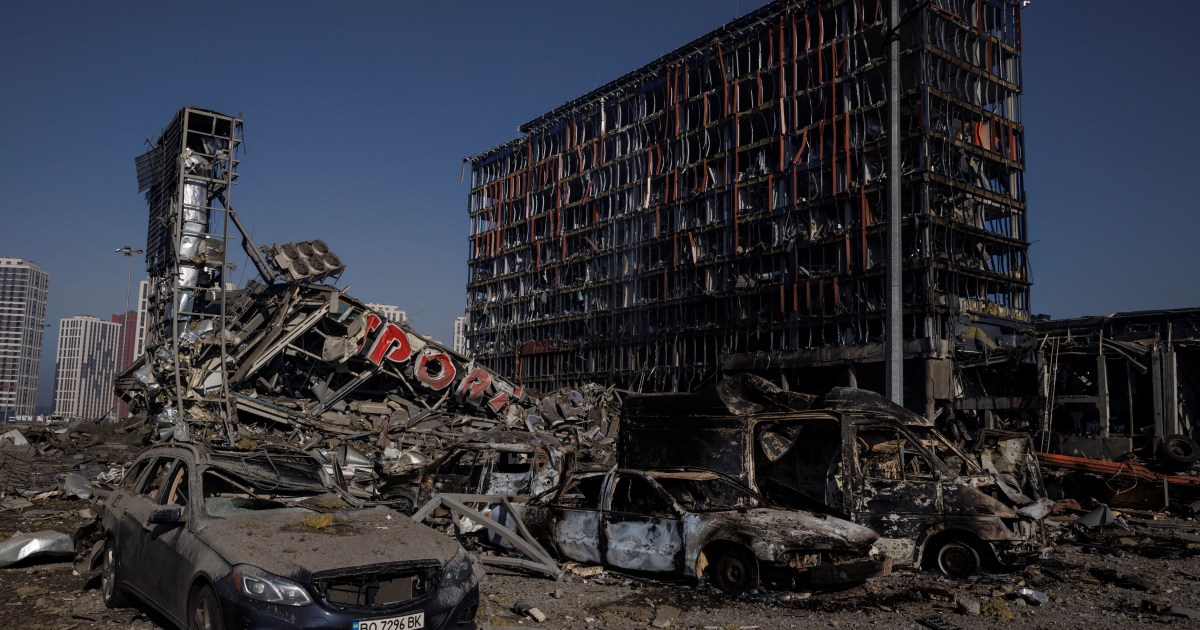Writer Spencer Bokat-Lindell wondered how the war on Ukraine would end, noting that after about a month it was going through a precarious phase.
On the one hand, the Russian invasion has essentially stopped, in the words of US Defense Secretary Lloyd Austin, and has so far failed to achieve any of President Vladimir Putin's main objectives.
But on the other hand, says the writer in his article in the New York Times, it happened after Russia lost more than 7,000 of its forces, according to the US government, and Putin may decide to escalate the bombing campaign that has already left parts of Ukraine in ruins.
According to a conservative estimate, more than 900 civilians were killed, and the writer pointed to a number of possible pathways for the outcome of the war and how it would end:
Quick diplomatic solution
Although both sides have terms that are likely to remain non-negotiable, the most likely outcome is the partition of Ukraine, “Putin takes the southeast, the people of Russian descent move there, and the rest of the Ukrainian nation continues as a sovereign state,” according to the leader. Former Supreme Allied Powers of Europe Retired Admiral James Stavridis.
long hard war
The poor performance of the Russian military campaign was supposed to push Putin toward diplomacy, but at the moment it seems likely that it will push him toward escalation, which was evident in recent days when Russia intensified its bombing of civilian areas in an attempt to pressure Kyiv.
Towards greater Chinese involvement
China and Russia "share the belief that the United States is determined to block the rise of their countries, and have expressed a desire to see a world order in which Washington's influence is greatly diminished," said Amy Chen, who covers China in the New York Times.
Yet many doubt China will become a major party to the conflict, because there are limits to how much it can help Russia economically.
By providing military support to Russia, China may risk alienating other world powers that do business with it, as New York Times columnist Paul Krugman explained.
Putin's non-stop takeover of Ukraine
Despite Russia's initial failures in Ukraine, many commentators believe it is only a matter of time before Putin unleashes the full force of his army on other Ukrainian cities and overthrows their government, and only death will prevent him from doing so, says Masha Gsin, who covers Russia in the magazine. The New Yorker, USA.
"Because if he's still alive, it will happen again and again, in Moldova, Ukraine, Georgia, the Baltic states and Poland," she said.
At the conclusion of his article, the writer warned that launching a massive attack by Russia on other former Soviet countries would risk a direct confrontation with the North Atlantic Treaty Organization (NATO), either deliberately or by accident.

